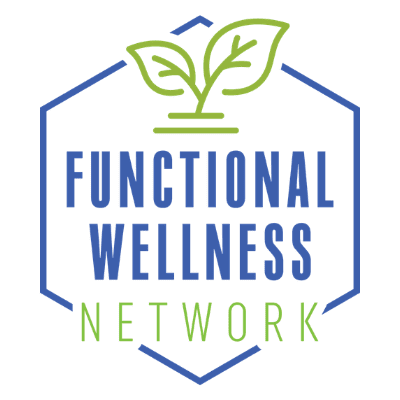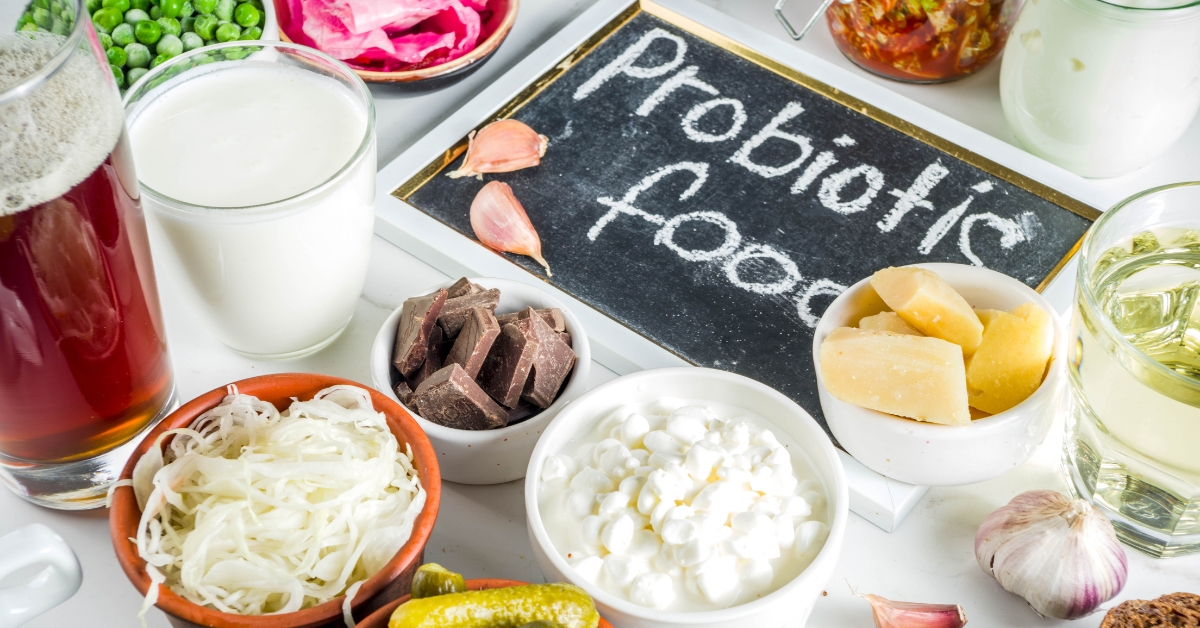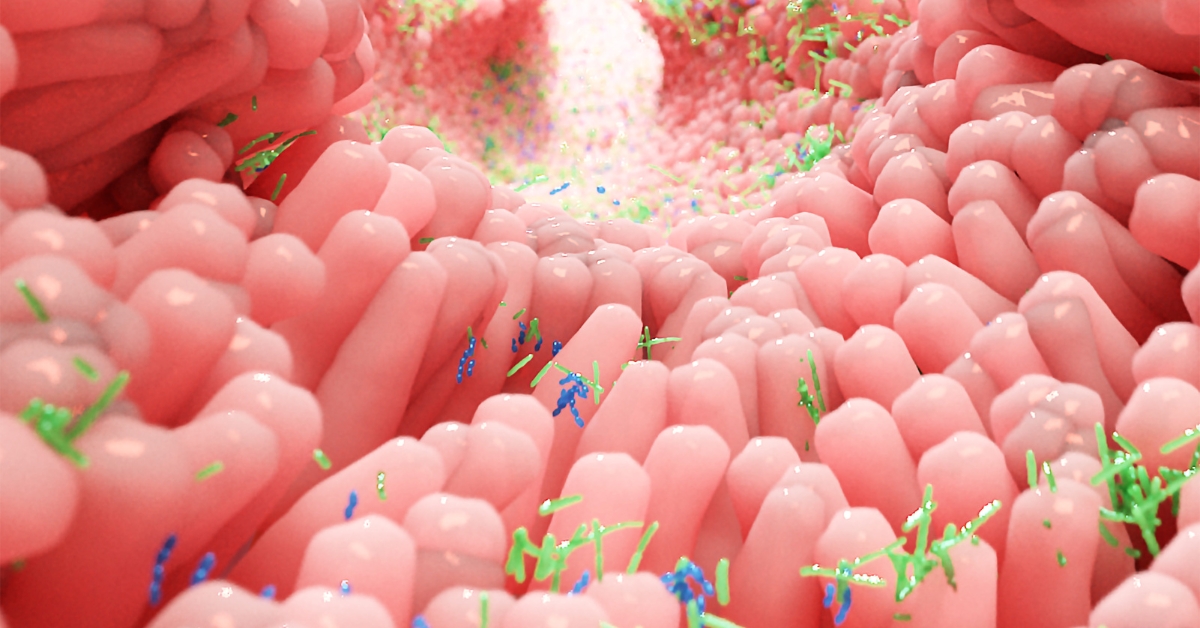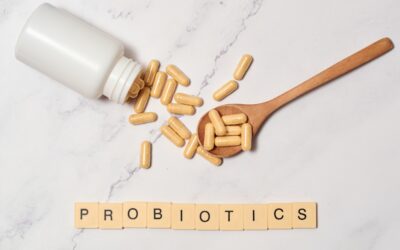Our gut is much more than just a digestive system. It’s a dynamic ecosystem made up of trillions of microorganisms that play a fundamental role in our health. From regulating digestion to influencing our immunity and mood, the balance of this complex system can make the difference between feeling energized or constantly fatigued.
At the center of this balance are probiotics and prebiotics, two essential elements that work together to nourish and strengthen our gut microbiome. Probiotics are the “good bacteria” that live in our gut, while prebiotics are the fibers these bacteria need to thrive. Understanding how these invisible allies interact with our bodies and learning to integrate them effectively into our daily lives is key to optimizing our health and well-being.
In this article, we will dive deeply into what probiotics and prebiotics are, the benefits they offer, and how to incorporate them into our diets through delicious and accessible foods. Get ready to discover why caring for your gut might be the first step toward a healthier, more balanced life.
What Are Probiotics and Prebiotics, and Why Do They Matter?
Probiotics: These are live microorganisms that help balance gut flora. Think of them as the “heroes” fighting harmful bacteria and promoting a healthy gut. Studies have shown that consuming probiotics improves digestion, strengthens the immune system, and even influences mood.
Prebiotics: These are not living organisms but rather special fibers that act as “fuel” for probiotics. Without prebiotics, probiotics cannot thrive. These fibers also help improve metabolic health and optimize the absorption of essential nutrients.
The Benefits of a Balanced Gut
- Smooth digestion: Probiotics help break down food and reduce issues like bloating, constipation, or diarrhea.
- Robust immunity: A healthy microbiome protects against infections and strengthens the immune system.
- Harmonized brain: Thanks to the gut-brain axis, a healthy gut can reduce stress and improve mood.
- Balanced weight: Some studies link a diverse microbiome to maintaining a healthy body weight.
Would you like to continue with more sections, such as foods rich in probiotics and prebiotics, or specific tips for incorporating them into your diet?
Where to find probiotics and prebiotics?
Foods rich in probiotics:
Incorporating these foods into your diet can be as delicious as it is beneficial:
- Natural yogurt: The classic rich in Lactobacillus and Bifidobacterium.
- Kefir: A fermented drink loaded with beneficial microorganisms.
- Sauerkraut: Fermented cabbage full of flavor and good bacteria.
- Kimchi: Similar to sauerkraut but with a spicy Korean twist.
- Miso: Fermented soy paste, excellent for soups and dressings.
- Tempeh: Another soy-based product, perfect as a meat substitute.
Foods rich in prebiotics:
They are key to feeding your good bacteria:
- Ripe bananas: A delicious snack full of prebiotic fiber.
- Garlic and onions: Perfect for flavor while nourishing your gut.
- Asparagus: A superfood rich in fiber.
- Artichokes: Especially Jerusalem artichokes, rich in inulin.
- Oats: A classic breakfast with added benefits for your gut.
How to easily integrate them?
- Start the day with an intestinal boost: A bowl of yogurt with oats and banana is perfect to begin with.
- Add them to your favorite meals: Mix kimchi or sauerkraut into salads or accompany your soups with miso.
- Plan your snacks: Some banana slices with almond butter or a glass of kefir are quick and healthy options.
Curiosities that will surprise you:
- Your gut contains about 100 trillion microorganisms, more than all the stars in our galaxy.
- 70% of your immune system is located in the gut.
- Eating more prebiotics can enhance the effectiveness of the probiotics already in your body.
The care of the intestinal microbiome is one of the fundamental pillars to maintaining optimal health.
Incorporating foods rich in probiotics and prebiotics not only improves digestive well-being but also has a profound impact on immunity, emotional balance, and overall quality of life. However, the path to a healthy gut doesn’t have to be complicated: small dietary changes can make a big difference in the long run.
At Functional Wellness Network, we believe that education and collaboration are essential to transforming lives. Our next meeting is this Saturday, 18th at 10:00 a.m., Pacific Time (-08:00 GMT). This space is perfect for learning, asking questions, and sharing experiences with other healthcare professionals committed to the overall well-being of their patients.
Our mission is to foster a community that supports each other in the pursuit of practical and effective solutions to improve the quality of life for those we serve.
Each of us plays a crucial role in guiding patients towards making informed decisions that will have a significant impact on their long-term health. Why not be part of this network of professionals dedicated to global wellness?
We would love to have you in our upcoming sessions.
Dr. Kent Nelson
Functional Wellness Network
www.functionalwellnessnetwork.com
__





